Data Center Air Filtration
Data Center’s are operational round-the-clock in order to provide information technology (IT) operations, service, and data storage. A typical data center comprises routers, switches, firewalls, storage systems, servers, and application delivery controllers.
Data Center Activities:
- Big data management
- AI management
- Virtual collaborations
- Access to common files and emails
- Enterprise resource planning (ERP)
Metals comprise most of the data center’s electronic components. Safeguarding the electronic components in data centers from any potential environmental exposures will become a vital step for a facility manager. An unmonitored data center is always susceptible to corrosion.
Air quality within data centers is more important today than ever. Data centers have unique filtration requirements and strict regulations, compared to a typical commercial site. Particulate and corrosive gaseous contaminants have become a severe problem for data centers and server rooms.
In some cases, corrosion of electronic components has resulted in catastrophic failures of equipment, due to environments’ elevated concentrations of corrosive gases. These contaminants enter data centers in a variety of ways, including via outdoor ventilation systems, adjacent interior areas, and individuals entering and exiting critical areas.
Types of Data Center Failures
Failures due to particulate and contaminant dust are classified as:
- Mechanical effects – obstruction of cooling airflow, interference of moving or optical parts, and deformation of surfaces
- Chemical effects – corrosion of electrical components, caused by dust comprised of sulfur and chlorine bearing salts
- Electrical effects – impedance changes and electronic circuit conductor bridging
Any of these failures can lead to unplanned downtime and losses. Professionally designed air filtration systems help to mitigate these risks and save maintenance and electrical costs down the road. Prevention of corrosion and other environmental contamination will help prevent critical hardware failures and data corruption.
Filtration Stops Corrosive Contaminants
Sulfur-bearing gases, such as sulfur dioxide (SO2) and hydrogen sulfide (H2S), are the most common gases causing corrosion of electronic equipment.
Once introduced in a data center or server room environment, these gaseous contaminants lead to deterioration of copper surfaces and silver solder used on computer circuit boards, leading to intermittent and hard failures. These forms of corrosion can cause failure by either impeding the flow of electricity or forming unintended circuit paths.
Elimination of corrosive contaminants is therefore essential in maintaining data center equipment reliability.
For data centers with or without air-side economizers that do not fall within the ISA-71.04 severity level G1 for copper and silver corrosion, remediation through gas-phase filtration is recommended. Blowers at air inlets, fitted with particulate and gas-phase filters, can be used to fill the data center with clean air and pressurize the space within it to prevent contaminated outdoor air from entering the data center.
Additionally, the air in the data center can be recirculated through gas-phase filters to remove contaminants that are generated within the data center.
Contact your AAF representative to schedule an air filtration audit and to find out how the insights from intelligent data tools, including TCO Diagnostic® and Sensor360®, can improve operational outcomes and save you time and money
Product & Solutions

Complete Filter Analysis: Air Filtration Audit
A thorough air filter audit of your HVAC systems is the first step that AAF takes, in order to provide you with HVAC energy analysis for cost savings. In this way, we identify how your filtration system can optimally perform. Contact us to find out more about lowering your HVAC cost.

Total Cost of Ownership Made Clear: TCO Diagnostic®
TCO Diagnostic, which is customized to your HVAC total cost of ownership, provides a clear insight into the optimal filtration options and tailors to your demands for a full clean air solution – enhancing air quality, energy savings, and operational flexibility while lowering your life cycle costs.
Contact: +91 944 875 1680
Website: https://www.aaf-india.com/contact/

